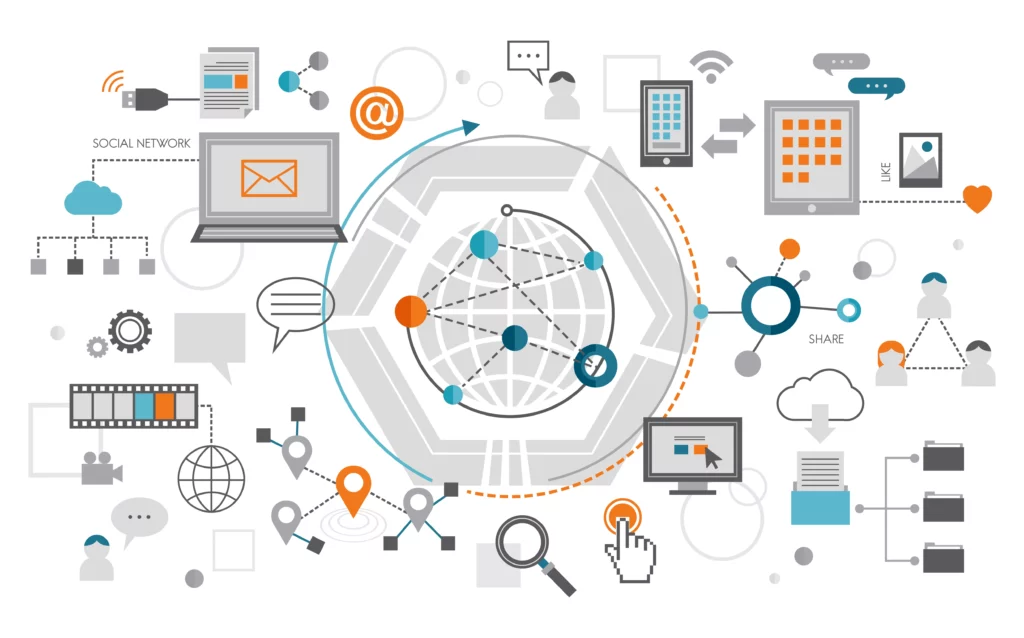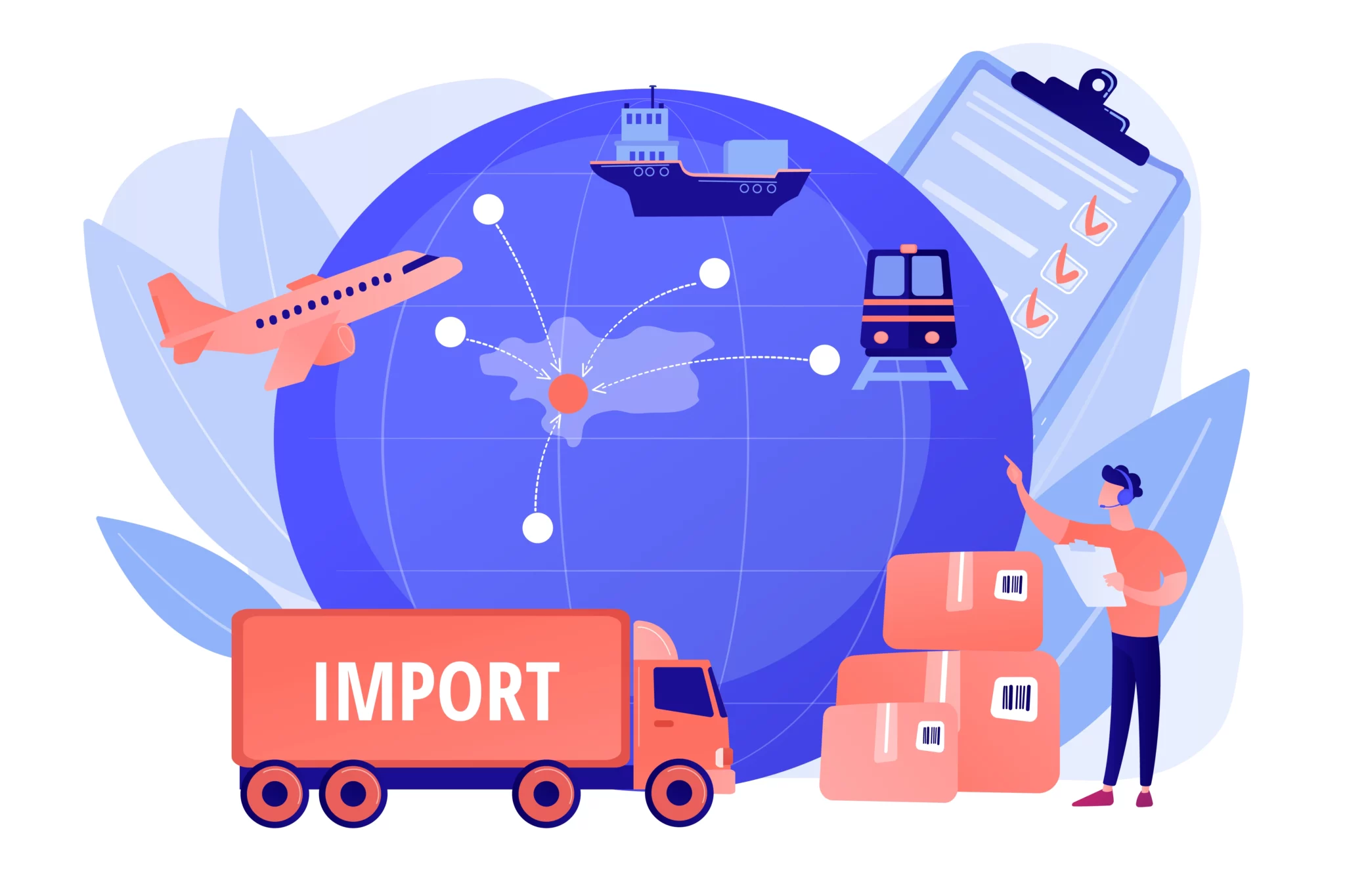USE OF INFORMATION AND COMMUNICATION TECHNOLOGY (ICT) IN THE UNIVERSITY MANAGEMENT PROCESS: A LEARNING REALITY IN TIMES OF PANDEMIC
University Management has been a multidimensional and dynamic space of drive and growth. Based on the development of knowledge and its practical use, universities have always been at the forefront of the changes planned by humanity. Academic, extension and research works become the driving force of university life, focused on creating theoretical and practical solutions to address challenges in each environment and established living space.
In the last decades of both the twentieth and the current century, information and communication technologies (ICTs) have positioned themselves worldwide. They are present in every scientific discipline, in the engines of the productive and service sectors and in every aspect of people’s lives, and their main attraction is their constant renewal and innovative development. In this order of ideas, educational policies are linked to ICT and are part of a larger field that involves citizenship and the world of work and is subject to the development and access of the population to telecommunications.

Education at different levels has assumed that digital technologies are a driving force for change and innovation that the knowledge society has been demanding, both in the implementation of new spaces and opportunities for learning, as well as in the redefinition of teaching roles and teaching and learning processes.
In recent years it has been a challenge for universities in the Americas to promote favorable conditions for the inclusion of information and communication technologies in the teaching process. This leads to a better infrastructure and adequate equipment in the classrooms. In the same way, it is of vital importance to establish action plans, supported by institutional policies regarding the use of ICT in the different learning spaces.
The most important aspects of education using information and communication technologies involve the training of teachers in the use of digital tools, the availability of support networks, access to virtual contents and applications, as well as the permanent research and evaluation of the implementation and sustainability of the different proposals.
We have gone through advances and denominations such as giving a greater specificity to the educational field, through learning and knowledge technologies (LKT). These LKTs are aimed at exploring these technological tools at the service of learning and the acquisition of significant knowledge.
Next, we refer to the concept of TEP (Technologies for Empowerment and Participation) highlighting the need for technological appropriation to create practices of interaction and citizen participation.
Distance education experts refer to the concept of a virtual learning environment (VLE), which is defined as an electronic environment, created, and constituted by digital technologies. It is hosted on the network and offers remote access to its contents through some type of device with an Internet connection. It is made up of applications or computer programs that support the training activities of teachers and students.

In this regard, EVAs facilitate the development of educational activities without the need for teachers and students to coincide in space and/or time. In turn, these environments have a technological dimension and an educational dimension, which are interrelated and enhance each other.
In the same vein, there are PLE (Personal Learning Environment) or Personal Learning Environments. These are systems that help students to take control and manage their own learning; they can be composed of one or several subsystems such as a desktop application or one or more web services that allow them to connect a series of resources and systems within a personally managed space.
In this pandemic times, we were able to experience in real time the opportunities and difficulties that can occur when using information and communication technologies without planning and adaptation to each reality and space. While technologies allowed us to meet academic objectives in our universities, we must also internalize the lessons learned about the correct use of technological platforms with high quality procedures and specifications. The university management process requires us to know the available resources and determine the gaps to be closed in each organization to consolidate the most suitable platform for meaningful learning.
After more than two years of confinement and modification of conditions of our lives, universities must assume with their leaders to plan the correct use of the technologies for optimizing the capacities to provide adequate responses from the academia, fostering technical and generic competencies of students, hand in hand with a support to the virtual teacher as a source of knowledge and experience.
Written by:
Dr. Oscar Belloso Vargas Dr. José Barboza Hernández
If you’re considering pursuing a Master’s degree in Business Administration, URBE University should be at the top of your list. At URBE, we offer a comprehensive program that will equip you with the knowledge and skills you need to succeed in this dynamic field.
When you choose to study at URBE University, you’re choosing to invest in your future. Our program will provide you with the knowledge and skills you need to advance your career and make a meaningful impact in the world of business.
Don’t miss out on this opportunity to take your career to the next level. Apply to URBE University’s Master’s program in Business Administration today and join a community of driven and successful professionals.




